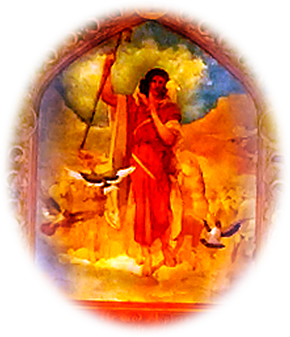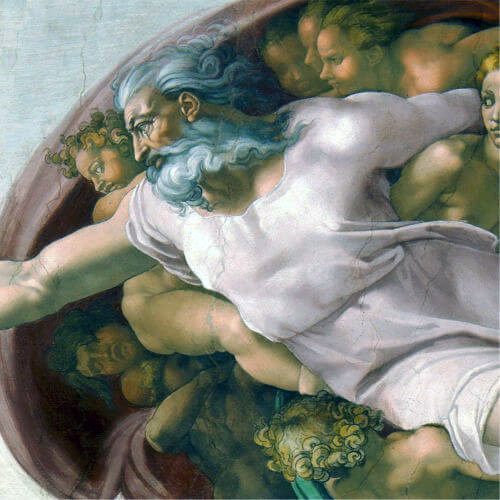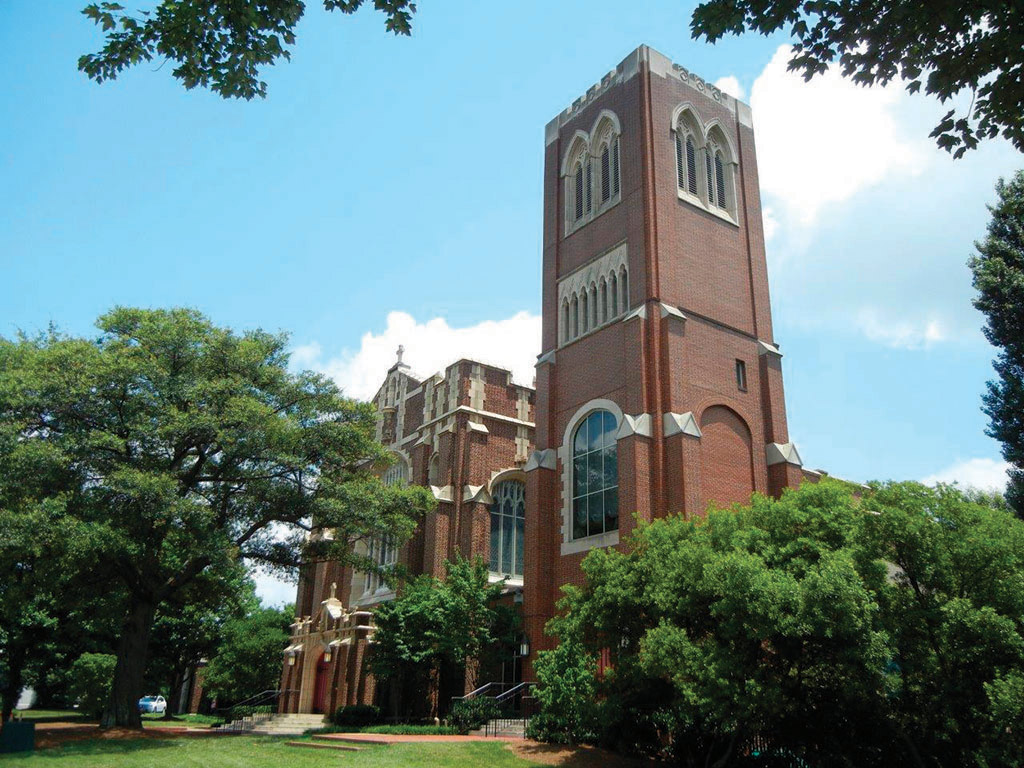
Our History
St. Luke’s is committed to serve as a beacon of outreach and social justice in downtown Atlanta and beyond. It is known as a place which encourages members to live out their baptismal covenant through a variety of outreach ministries. In 1949 the Atlanta Cerebral Palsy School was begun in the Parish House by parishioner Anne Lane and her friend Rebecca Frazer. It is now The Frazer Center, located in the Cator Woolford Gardens on Ponce de Leon Ave.
A soup kitchen begun in 1973 has grown to include daily meals, a job assistance program, health referral services, and a mailroom. Known now as Crossroads Community Ministries, it operates from the church campus. Bill Bolling started the Atlanta Community Food Bank in the church basement in 1979. Currently it distributes food to the needy through a network across the country with an independent annual budget in excess of $40 million. The Training and Counseling Center provides pastoral training and mental health services to the community and operates from the historic Edward Gay home on the campus, with several satellite locations around town.
The church provides space and support for the Boyce L. Ansley School, providing a formal school atmosphere for children experiencing homelessness. It is named for a long-time parishioner who shared its vision, and is managed by parishioners and others through an independent board.
With about 2,000 members, St. Luke’s sees itself as a dynamic community of faith, striving to live out the Gospel in the heart of Atlanta.


their stories
God created man because He loves stories.
Elie Weisel
Stories are important. They keep us connected. They help us understand others. They inform us of times past. They keep our cultures connected. Stories help solve problems. They make us laugh. They help us make sense of the world.
These stories of St. Luke’s parishioners, covering its programs, ministries and spiritual growth, are important to current members and to those yet to come. They give to each other and to God.

Why Us?
Our church was founded in the 19th century as a refuge for those fleeing the ravages of the American Civil War. Almost a century later, the “little refugee church” made the decision to remain in downtown Atlanta, even as other churches were heading for the suburbs. These two choices were vital to preserving the spirit of our community. We continue to worship and serve in Atlanta to this day. For more, go here.
